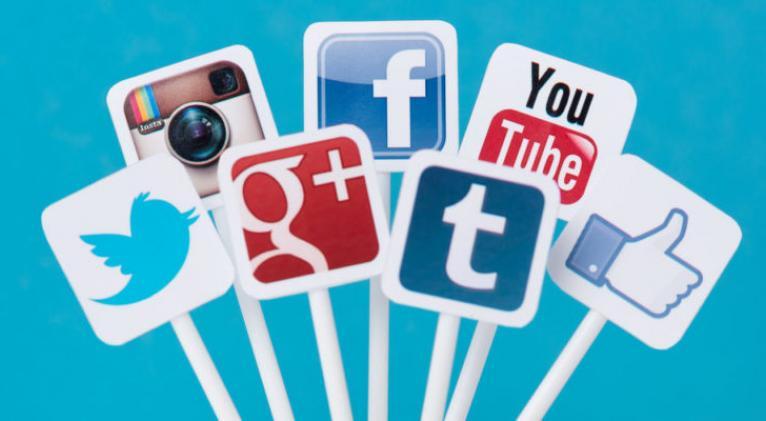Do digital social networks influence politics?
especiales

For some time, traditional media mediated between politicians and the rest of society. Today, the reality is more diverse, as digital social networks have joined this complex mediation.
This has to do with the very high presence of people on these networks. According to a 2023 study, the popularity of such platforms is such that at least 61% of the world's population uses them. As Silvia Gutiérrez, a Mexican professor, has written, digital social networks "have become a quick and direct way to reach the people and maintain a permanent dialogue with citizens."
And although they are not necessarily used for political purposes, digital social networks have become a space for exposing political contradictions, since potential audiences are now there. Thus, nowadays, political activity can hardly be conceived without taking into account these inventions of information technology.
This is why contemporary politicians have had to take on the challenge of adapting a discourse, whose traditional features include formality, to one where language can become more conversational and even informal. Thus, at present days, they have constructed new stories, in accordance with emerging platforms. For some, it has been a natural process; others, regardless of their tastes and preferences, have moved to the current panorama compelled by the demands of the historical era.
Through digital social networks, opinions and trends that transcend the virtual space can be established. These inventions allow us to better understand people's interests and their behavior and this is one way in which it excels traditional media. They exert a powerful social influence, without a doubt. They manage to influence the reputation of public figures, as well as the results of government actions or electoral candidates. Events in recent history show the strength they have acquired, although not always with positive results for societies.
And all this has happened in the protests in Egypt in 2011; the crisis generated around Islam as a result of the satire of the French weekly Charlies Hebdo in 2015; the electoral victories of candidates such as Donald Trump, in 2016, or Bolsonaro, in 2018; the riots of July 11 in Cuba in 2021; the escalation of conflicts in Ukraine, since 2022, and Palestine, since 2023; or the political tensions in Venezuela after the presidential elections of 2024.
These are examples of how digital social networks influence the course of reality, present new scenarios and weigh versions that are often contaminated with so-called fake news. However, while the impact of these platforms on politics is undeniable, their power is not unlimited. Several specialists agree on this, such as Cuban professor Rosa Miriam Elizalde, who, in her speech at an international forum in 2022, stated that digital social networks are variables dependent on others, and not the other way around.
Therefore, it is imperative to encourage critical consumption of digital social networks among citizens. An adequate cultural level of users and the transparency of public institutions are essential in the face of the unavoidable influence of these technological developments.
Translated by Sergio A. Paneque Díaz / CubaSí Translation Staff














Add new comment